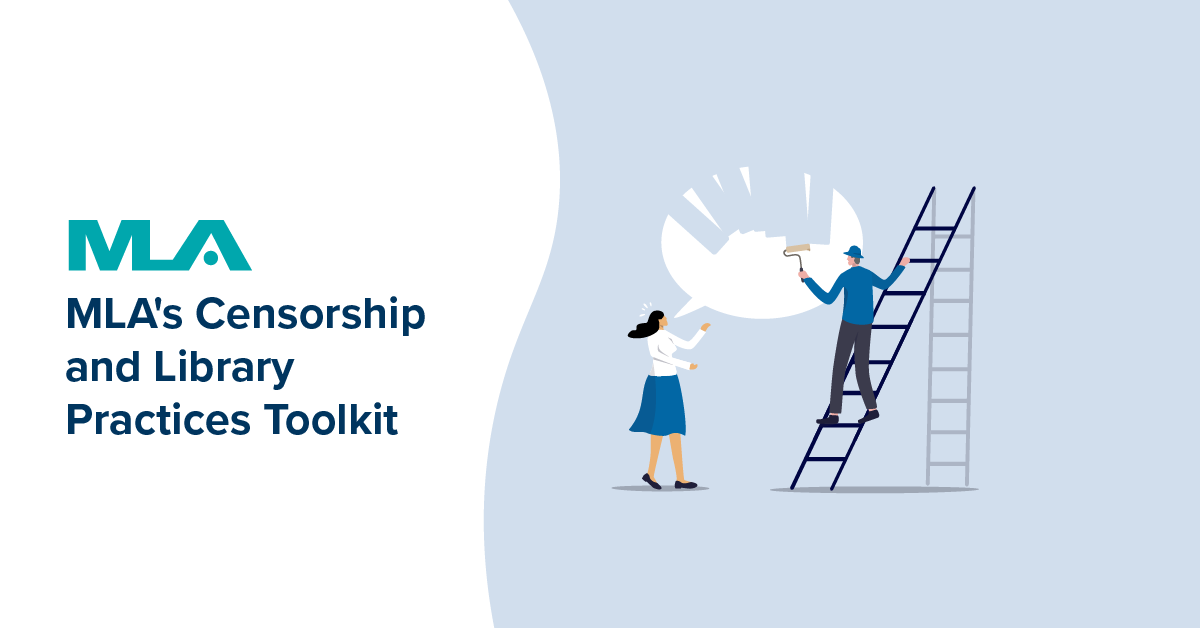By Breanne Crumpton and Mark Coltrain
Christen A. Smith, the founder of Cite Black Women, and Dominique Garrett-Scott define citational politics as “the rules, practices, beliefs, and principles by which we determine how we publicly map the genealogy of our thoughts and inspirations…[that] determine how our disciplines both value our work and evaluate us as scholars” [1]. Citational politics explore how practices promoted within academic and scholarly communities uphold systemic racism and inequities within scholarly communication systems. While this issue might seem isolated to academic networks, citations can have real life impacts on who gets published, who gets promoted and tenured, and who makes up the discourse of a community or field of practice. With the presence of health inequity and racial disparities within health access and treatment, representation and whose knowledge gets valued and uplifted can impact the quality of life in our communities.
As an example, within the health equity field, the onset of COVID-19 brought more funding and publication opportunities as people took more interest in health disparities and inequities across impacted communities. Many scholars then pivoted into the health equity field to capitalize on the new opportunities overshadowing voices and contributions from scholars who had been in the field a long time. Health equity scholars of color in particular saw their publications being overlooked, their communities being misrepresented, and they, themselves, being tokenized [2].
Other examples of how citational politics manifests includes the devaluation of community voices within scholarly research [3], erasure or invisibility of trans issues within health care [4], the barriers for entrance and matriculation into health science fields [5], and gatekeeping within the publishing cycle [6]. Representation makes a difference in how people interact with the healthcare system and the care they receive [7]. Whose work ends up forming the literature that health practitioners draw on has ripple effects into our communities.
With citational justice, these issues are starting to be addressed. Efforts are underway by publishers around the world representing journals in the health sciences and beyond to request authors’ race, ethnicity, and gender information in order to investigate the diversity of scholars who publish. These data will be used to get a better sense of who is represented in the literature and to determine the “biases in editing or review that sway which findings get published” [8]. Additionally, scholars from marginalized communities are coming together to form collectives like Cite Black Women, Black in Neuro, Black in Immuno, and #BLACKandSTEM. These groups are intended to raise awareness and advocate for change. Librarians can also play a pivotal part in this work.
Librarians occupy a unique role in academic and healthcare institutions working with students, faculty, and doctors. Here are some ways to leverage our positionality:
- Creation of resources that highlight the issue
- LibGuides; blog and social media posts; zines; physical displays; etc.
- Development and delivery of classroom instructional activities & workshops
- A short activity as part of an instruction session (or an entire session) that presents the issue to students with examples from the field; professional development workshops aimed at faculty. The latter example could focus on an introduction to the issue; auditing bibliographies; strategies of finding the work of diverse scholars; ways research projects can be redesigned with an emphasis on citational justice. Librarians can also model ‘good behavior’ by incorporating these habits into their examples and demos.
- Curation and promotion of output and stories from diverse scholars
- Diversity audits for collections and subsequent purchasing of representative works, reading groups, promoting the work of diverse colleagues at your institution through events, and oral histories of scholars from these communities as well everyday individuals who have been impacted.
- Inspiring inclusive research habits during one-on-one consultations
- Introducing the idea of citational justice through individual interactions is sometimes more effective because we’ve got the attention of a patron at their point of need.
This list serves as a starting point. Ultimately, remember who you are trying to cite and why, be aware of the power structures in place, and offer illustrative examples. There is no one way to address these issues but educating ourselves, our peers, and our patrons is the first step.
References
- Smith CA, Garrett-Scott D. “We are not named”: Black women and the politics of citation in anthropology. Feminist Anthropology. 2021 May; 2(1): 18-37. DOI: https://doi.org/10.1002/fea2.12038.
- Lett E, Adekunle D, McMurray P, Asaboar EN, Irie W, Simon MA, Hardeman R, McLemore MR. Health equity tourism: Ravaging the justice landscape. J Med Syst. 2022; 46(17), 1-6. DOI: https://doi.org/10.1007/s10916-022-01803-5.
- Pirtle W. Black women and health equity: Spotlight on black maternal health and COVID-19 with Dr. Monica McLemore (S2E5) [audio podcast]. In Cite Black Women; 4 May 2020. https://soundcloud.com/user-211649525/s2e5-black-women-and-health-equity-spotlight-on-black-maternal-health-and-covid-19.
- Bauer GR, Hammond R, Travers R, Kaay M, Hohenadel K M, Boyce M (2009). "I don't think this is theoretical; this is our lives": how erasure impacts health care for transgender people. The Journal of the Association of Nurses in AIDS Care: JANAC. 2009; 20(5), 348–361. DOI: https://doi.org/10.1016/j.jana.2009.07.004.
- Faiz J, Essien U R, Washington DL, Ly DP. Racial and Ethnic Differences in Barriers Faced by Medical College Admission Test Examinees and Their Association With Medical School Application and Matriculation. JAMA health forum. 2023; 4(4), e230498. DOI: https://doi.org/10.1001/jamahealthforum.2023.0498.
- McFarling UL. ‘Health equity tourists’: How white scholars are colonizing research on health disparities. 23 Sept 2021. In: STAT [Internet]. Available from: https://www.statnews.com/2021/09/23/health-equity-tourists-white-scholars-colonizing-health-disparities-research/.
- Saha S, Beach MC. Impact of Physician Race on Patient Decision-Making and Ratings of Physicians: a Randomized Experiment Using Video Vignettes. Journal of general internal medicine. 2020; 35(4), 1084–1091. DOI: https://doi.org/10.1007/s11606-020-05646-z.
- Else H, Perkel JM. The giant plan to track diversity in research journals [Internet]. In: Nature. Springer Nature Limited; 23 Feb 2022. https://www.nature.com/articles/d41586-022-00426-7.





